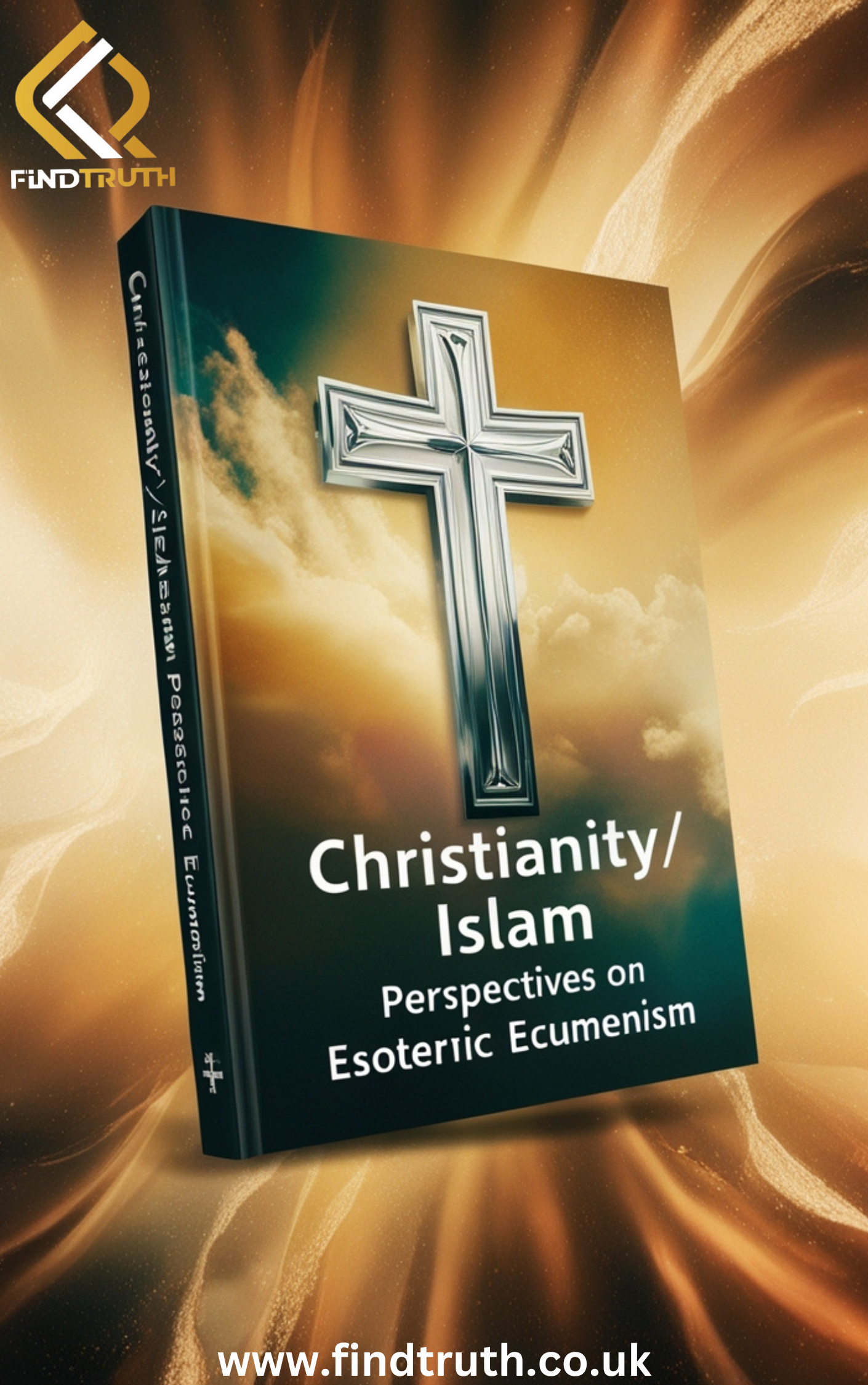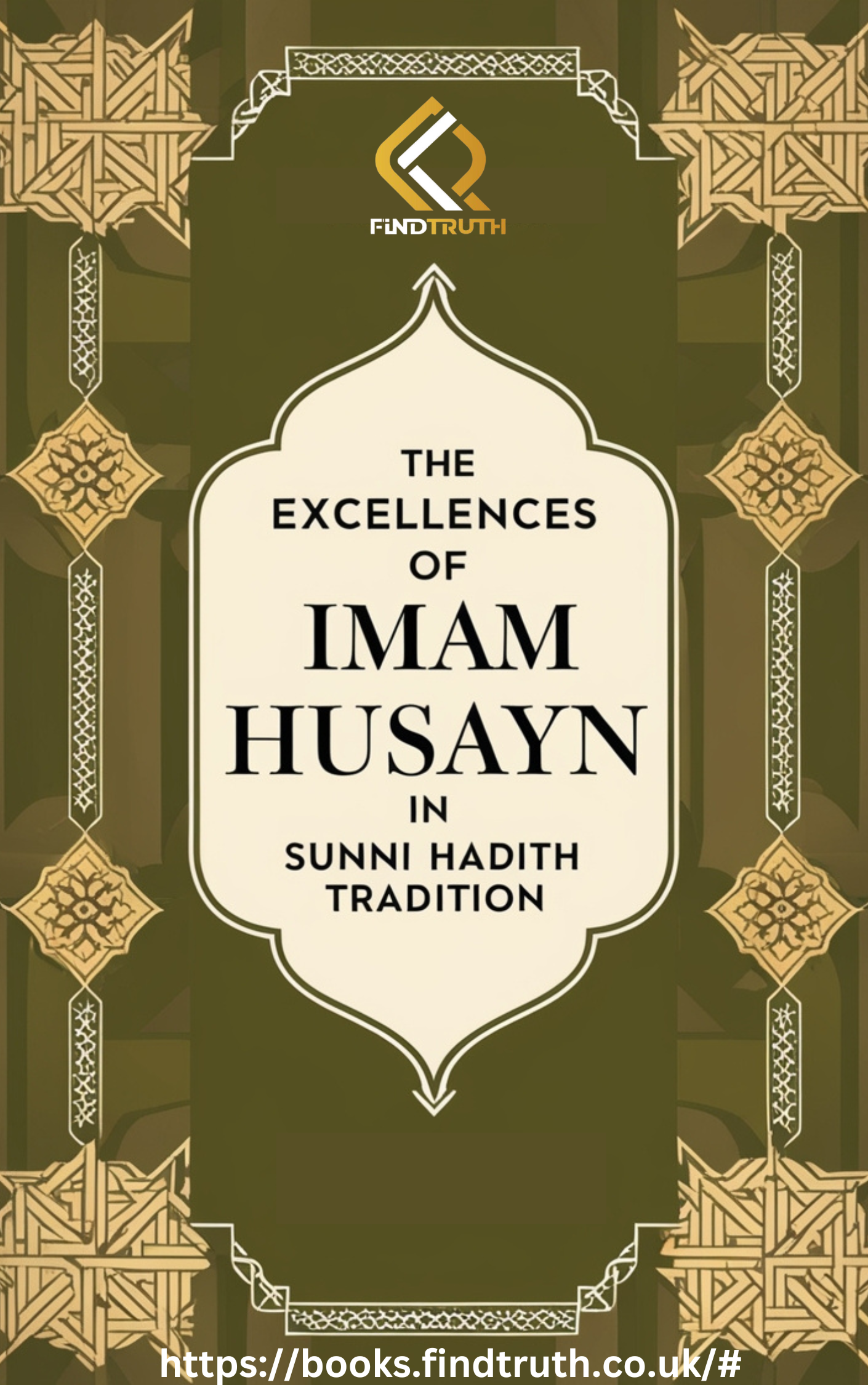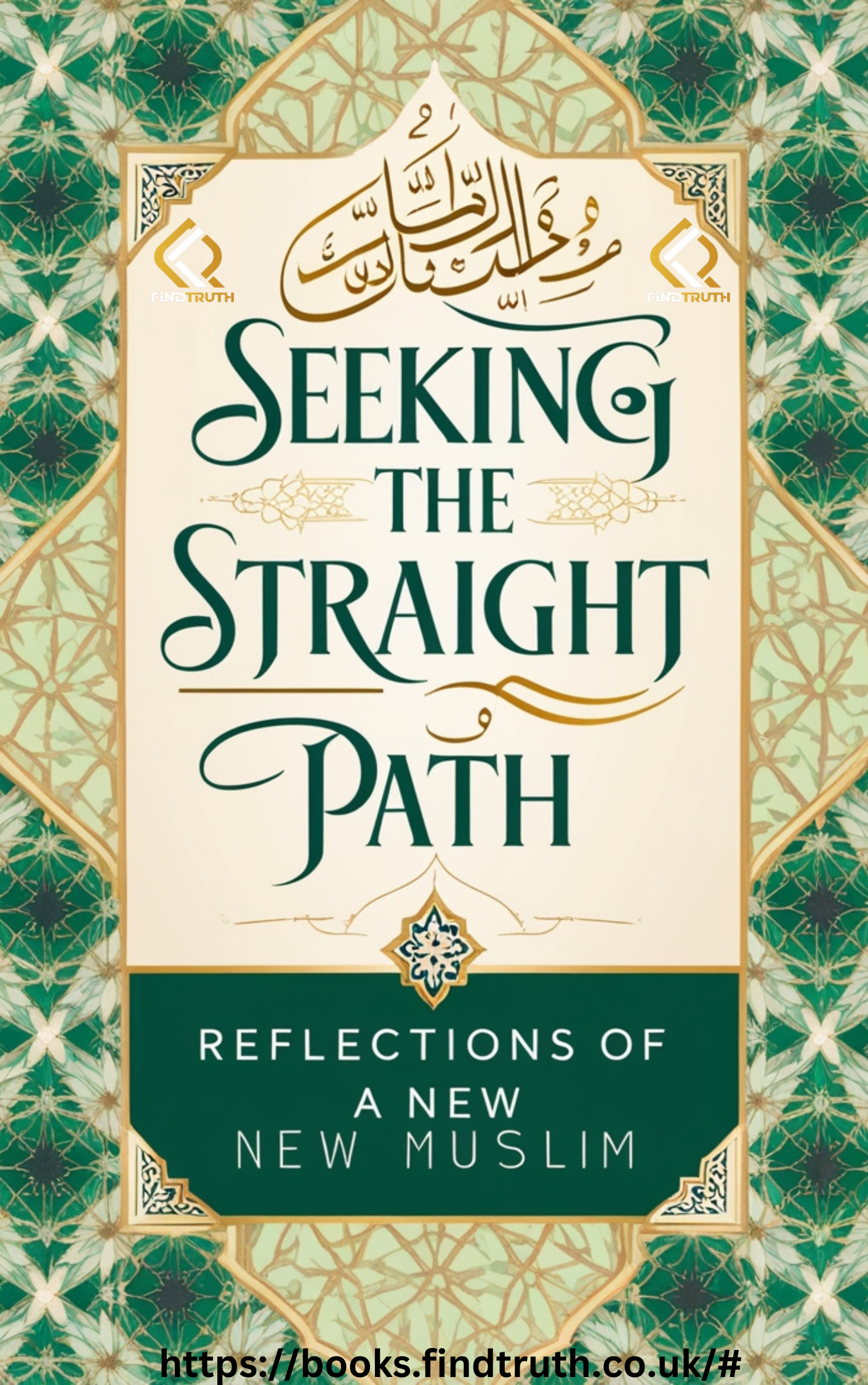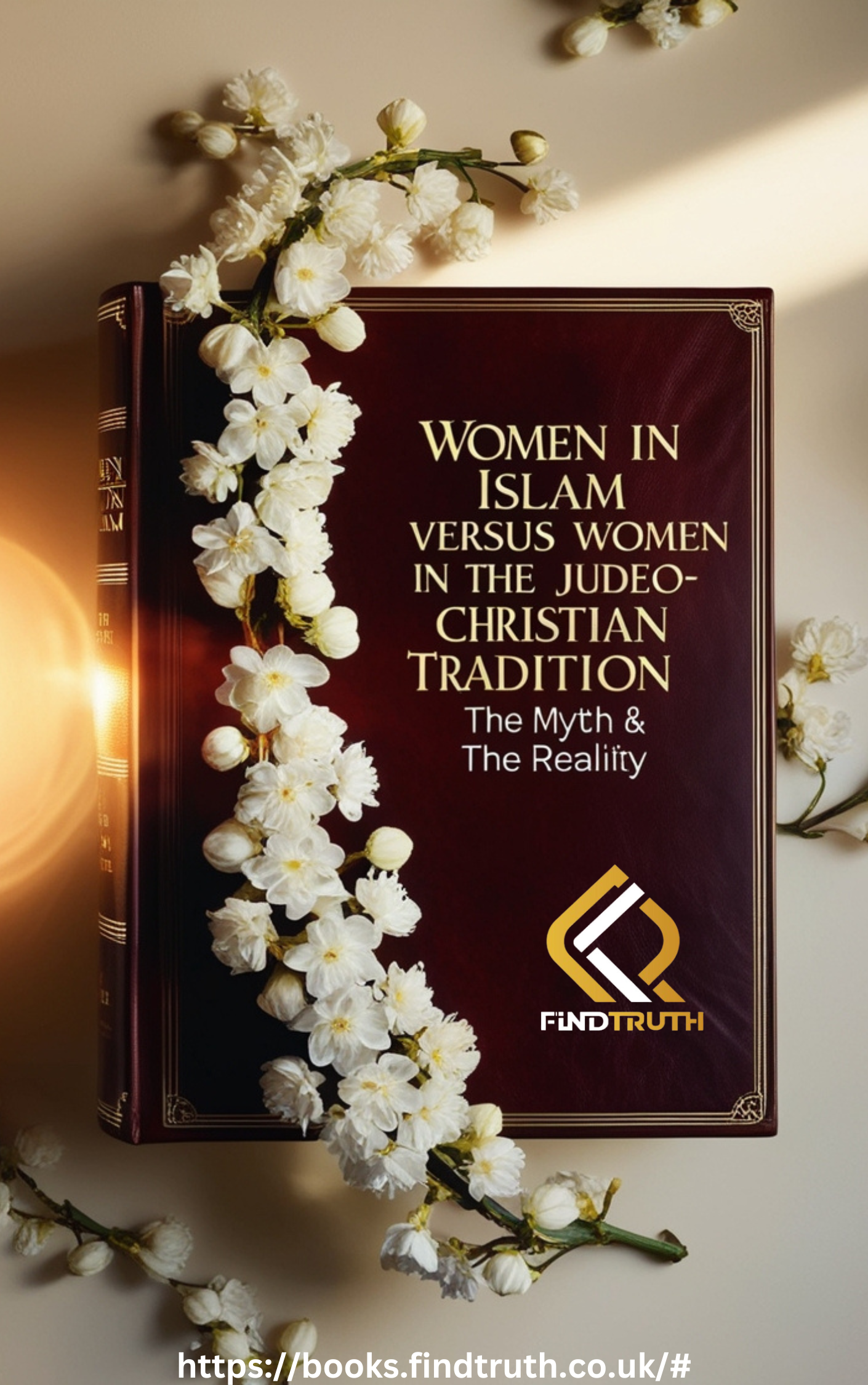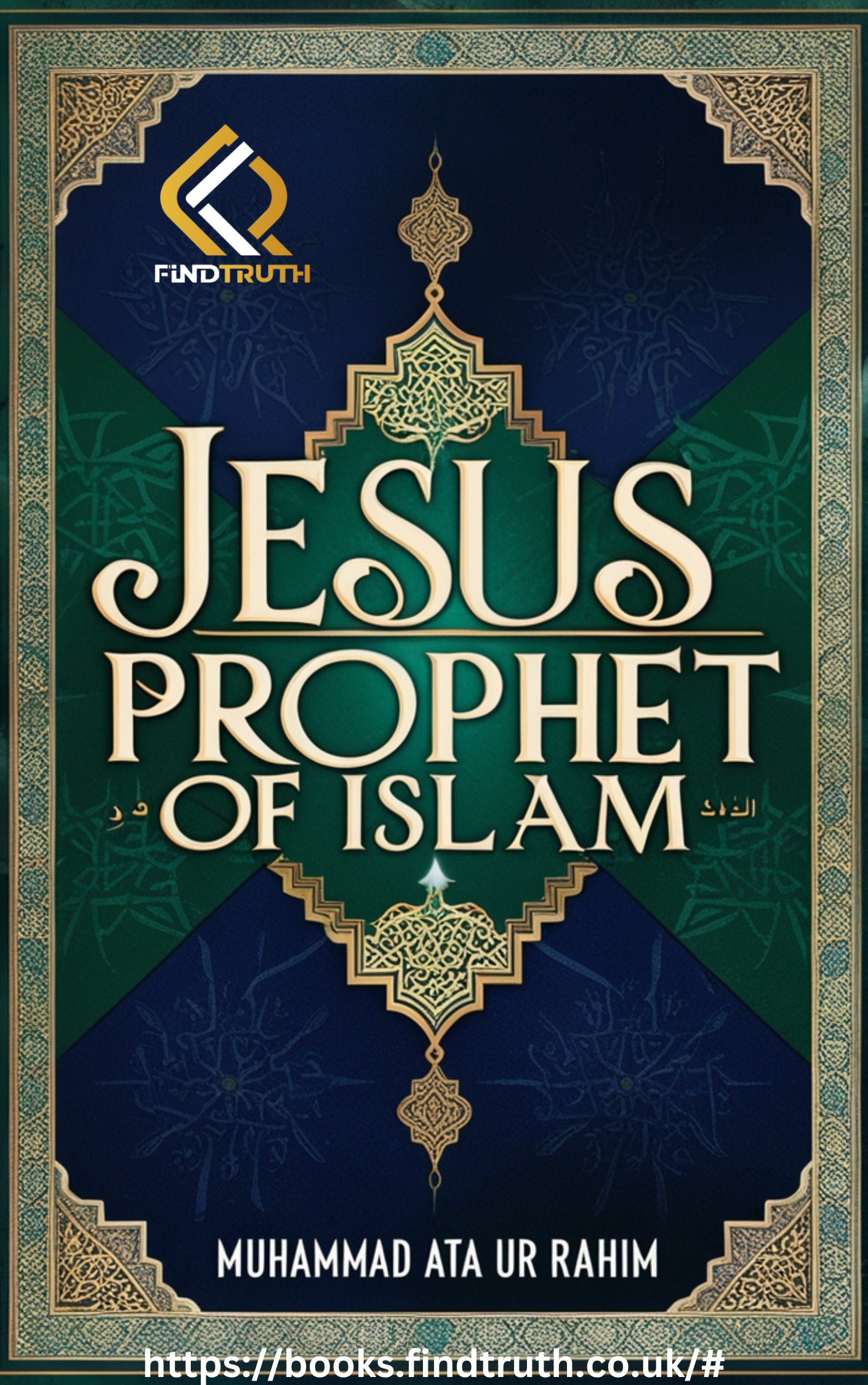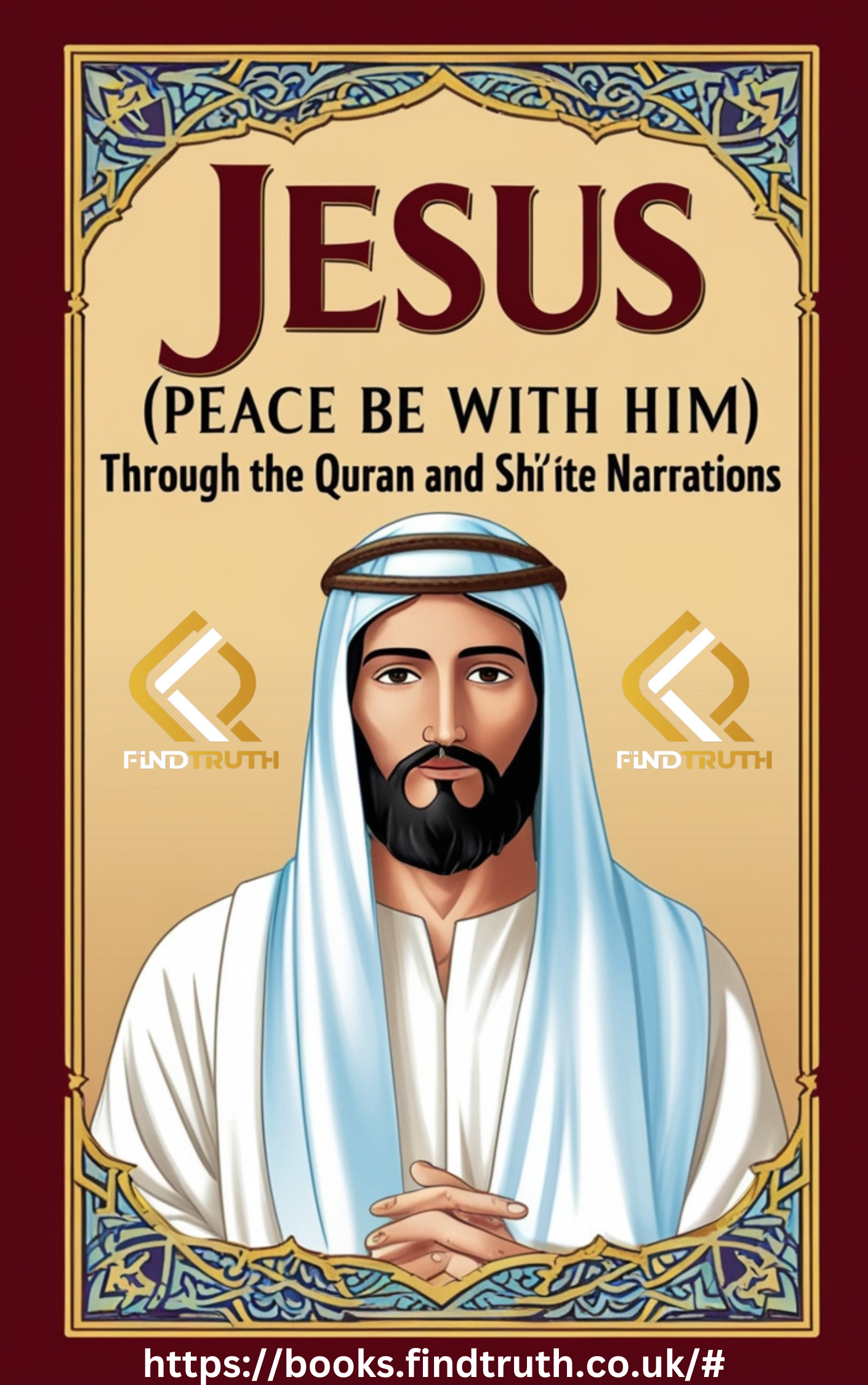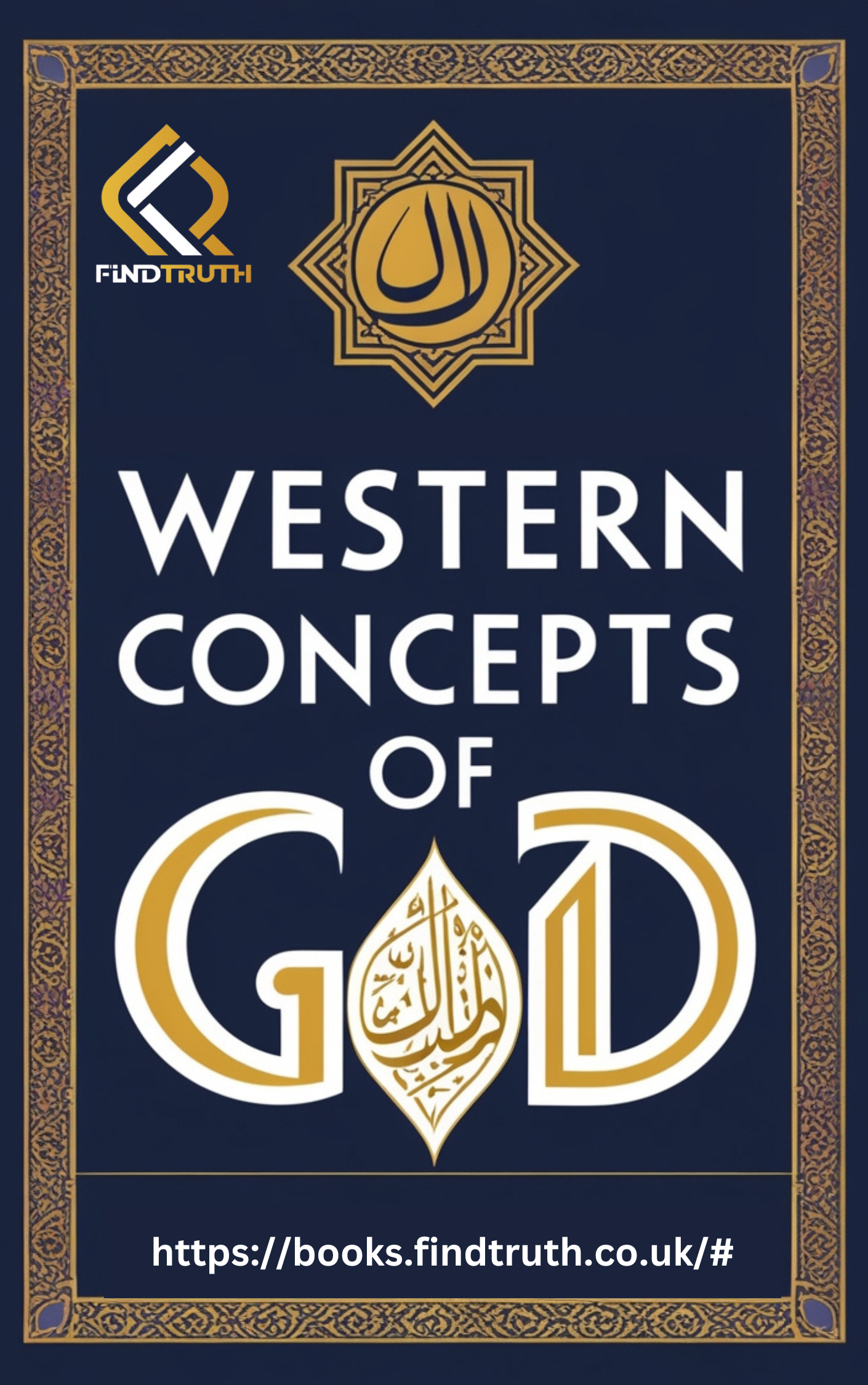
- Beliefs
-
Muslim Practices
- Salah (Daily Prayers)
- Sawm (Fasting)
- Hajj (Pilgramage to Makkah)
- Zakah (Charity Giving)
- Khums (Giving One-Fifth of Annual Saving)
- Jihad (Striving in the Way of God)
- Amr bil Ma'ruf (Encouraging Good)
- Nahy 'an al-Munkar (Stopping Evil)
- Tawalla (Loving the Prophet & His Family)
- Tabarra (Disassociating from the Enemies of the Prophet and His Family)
- Islamic Education
-
Akhlaq - (Ethics)
-
Quran & Sciences
-
Islamic History
-
Socio-Cultural
- Islamic Holy Places
-
Supplications
- Home
- Feature Selections ★
- Beliefs 🛐
-
Muslim Practices ☪️
- Salah (Daily Prayers)
- Sawm (Fasting)
- Hajj (Pilgramage to Makkah)
- Zakah (Charity Giving)
- Khums (Giving One-Fifth of Annual Saving)
- Jihad (Striving in the Way of God)
- Amr bil Ma'ruf (Encouraging Good)
- Nahy 'an al-Munkar (Stopping Evil)
- Tawalla (Loving the Prophet & His Family)
- Tabarra (Disassociating from the Enemies of the Prophet and His Family)
- Islamic Education
-
Akhlaq - Ethics 🔑
- Quran and Sciences 📖
-
Islamic History
- Socio-Cultural
- Islamic Holy Places
- eBooks
- Christianity/Islam Perspectives on Esoteric Ecumenism
Christianity/Islam Perspectives on Esoteric Ecumenism
(0 User reviews)
594
527
James S. Cutsinger
James S. Cutsinger
2008
281
English
This book explores the shared esoteric traditions and spiritual commonalities between Christianity and Islam. It delves into the mystical aspects of both religions, providing insight into their mutual pursuit of divine truth.
Christianity/Islam: Perspectives on Esoteric Ecumenism examines the intersection of esoteric traditions in both Christianity and Islam, emphasizing spiritual unity and the deeper, mystical dimensions that transcend doctrinal differences. The book focuses on how the inner dimensions of these faiths—such as Sufism in Islam and Christian mysticism—offer paths towards divine connection and understanding. Through interfaith dialogue and shared spiritual experiences, it highlights the potential for deeper unity and peace between followers of both religions.
There are no reviews for this eBook.
0
0 out of 5
(0 User reviews )
There are no comments for this eBook.
You must log in to post a comment.
Log in
Related eBooks
By using our site you agree to our use of cookies to deliver a better site experience.
